|
In 2023, the Governor signed House Bill 1106, which expanded the good cause reasons for voluntarily quitting employment set forth in RCW 50.20.050 and updated the employer benefit charging requirements set forth in RCW 50.29.021.
Washington State House Bill 1106, passed in 2023, is an act concerning qualifications for unemployment insurance when an individual voluntarily leaves work. Here are the key points:
The Department is engaging in rulemaking to implement HB 1106. This rulemaking is being completed in stages. We have completed the first stage, which updated WAC 192-150-055. They are now working on the second phase and updating the rules to define the term "split shift" and to incorporate quitting for good cause due to inaccessible care of a child or vulnerable adult, which was added by House Bill 1106. There is a draft ready to share and would like your feedback. Please send any comments or suggestions regarding the rulemaking to rules@esd.wa.gov or to: Attention: Stephanie Frazee, Legislation and Rules Coordinator Employment Security Department P.O. Box 9046 Olympia, WA 98501 Please submit comments or suggestions by Tuesday, April 23, 2024. Please identify the rulemaking as "Expanding Good Cause for Voluntarily Quitting Employment" in your comments.
0 Comments
Plans to construct the Horse Heaven Wind Farm across thousands of acres in Benton County are moving forward with modifications. The original plan has been cut back by 116 turbines from the original plan of 231. Many of the turbines would reach 670 feet into the air. The Energy Facility Site Evaluation Council, or EFSEC, will be sending a recommendation report to Governor Inslee on April 17.
EFSEC is accepting comments about the proposed report and modifications being sent to Governor Inslee. Public comments can be made online at comments.efsec.wa.gov through midnight Wednesday, April 10. Local governments play a vital role in shaping our communities. They establish rules and regulations that impact everything from zoning laws to business licenses. But crafting effective regulations requires a clear understanding of a concept called "nexus."
What is Nexus? In the context of local government, nexus refers to the connection between a rule or regulation and the legitimate governmental interest it seeks to serve. Essentially, it asks the question: Does this rule have a valid purpose and is it directly tied to achieving that purpose? For example, a local government might impose a regulation requiring restaurants to maintain a certain health code rating. The nexus here is clear: the regulation aims to protect public health, a legitimate governmental interest. Why is Nexus Important? The concept of nexus is crucial for several reasons:
Let's consider two scenarios:
Nexus is a powerful tool for ensuring local government regulations are effective, fair, and respectful of individual rights. By demanding a clear connection between a rule and its purpose, nexus safeguards our communities and fosters a healthy balance between local control and individual liberty. The Bridging Partnerships Small Business Symposium was a huge success! Thank you to everyone who attended - we hope you made some fruitful new connections! A recent survey from the U.S. Chamber of Commerce found that voters across party lines are "supportive of pro-growth policies and pro-business candidates who will help businesses create jobs."
The survey came to the following conclusions:
Click here to see the results of the U.S. Chamber poll. Congratulations to Remedy Health & Wellness on their ribbon cutting ceremony and grand opening on Thursday, March 28. Visit them at 112 Columbia Point Dr., Ste. 102 in Richland. Congratulations to HAPO Community Credit Union on the ribbon cutting ceremony and grand opening of their brand-new Belmont Financial Center! Check out the beautiful new branch at 6185 Keene Rd. in West Richland. Washington State has recently undergone a significant legislative redistricting process, resulting in changes to electoral boundaries. A federal judge's ruling has redrawn district maps, impacting both lawmakers and voters. In this article, we'll explore the redistricting process, its ramifications for Eastern Washington, and the implications for representation and political dynamics.
The redistricting process occurs every ten years following the U.S. Census. Its purpose is to adjust electoral boundaries to ensure equal representation based on population shifts. In Washington State, the bipartisan Washington State Redistricting Commission is responsible for drawing new district lines. A federal judge ruled that the original district maps drawn in 2021 violated the federal Voting Rights Act by diluting the voting power of the Latino community in the Yakima Valley and Pasco areas. As a result, the court ordered a redrawing of legislative district boundaries. U.S. District Court Judge Robert Lasnik approved a new legislative map (Remedial Map 3B) that addresses voting rights concerns. Notably, it creates a majority-Latino voting district in Central Washington, uniting Latino communities across the Yakima Valley into the 15th legislative district. This move aims to empower Latino voters to elect representatives aligned with their priorities. The redistricting decision impacts several current lawmakers. Senator Nikki Torres (R-Pasco), the only Latina in the Senate Republican Caucus, will no longer be able to run for re-election within her current district boundaries. Redistricting is a complex process with far-reaching consequences. While the new map aims to rectify voting rights violations, it remains a topic of debate. As Eastern Washington adjusts to these changes, voters and legislators must adapt to the reshaped political landscape. The current ruling is being challenged in court with the results due in the next month or two. Thank you to the 650 attendees who celebrated with the Regional Chamber at the 2024 Annual Meeting & Awards Luncheon on Wednesday, March 20 at the Three Rivers Convention Center. Thanks to Breshears Professional Photography for snapping these wonderful photos! Luncheon and ProgramBusiness ExpoVIP Reception Thank you to the 650 attendees who celebrated with the Tri-City Regional Chamber of Commerce (TCRCC) at the 2024 Annual Meeting & Awards Luncheon on Wednesday, March 20 at the Three Rivers Convention Center. The Annual Meeting & Awards Luncheon is a celebration of the accomplishments of TCRCC and its members. Click on the awards below to learn about the winners and why they were selected. CHAMBER S.T.A.R. AWARD - Matt sweezea, primerica
The Chamber S.T.A.R. Award is presented to a volunteer who goes above and beyond for the Chamber. S.T.A.R. is an acronym for Service, Time, Attitude, Reliability. Matt Sweezea served seven years on the Regional Chamber's Board of Directors and Executive Committee - from 2017 and 2023. He also served as treasurer in 2022 and 2023. In addition to volunteering in this leadership capacity, Matt is very active in the Chamber, participating in many events and ribbon cutting ceremonies. COMMUNITY IMPACT AWARD - BENTON COUNTY
The Community Impact Award is presented to the non-profit organization or government entity that provided the Chamber with the most financial support over the previous year. Since 2022, Benton County has partnered with TCRCC to offer the Business Resource Initiative Program (BRI). Through Benton County BRI, the Regional Chamber awarded a total of $3 million in grant funds to Benton County businesses that were affected by the COVID-19 pandemic. CORPORATE IMPACT AWARD - WASHINGTON RIVER PROTECTION SOLUTIONS
The Corporate Impact Award is given to the business that provides TCRCC with the most financial support over the previous year. Washington River Protection Solutions (WRPS) is a Stakeholder-level member of TCRCC – that’s the highest level possible. They are also the sponsor of the Small Business Incentive Program, which annually provides $30,000 in grant funds to small businesses in the Tri-Cities. WRPS is also the sponsor of the Meet the Buyer program, connecting businesses with government agencies and prime contractors. NON-PROFIT ON A ROLL AWARD - THERAPEUTIC RIDING OF TRI-CITIES (TROT)
The Non-Profit on a Roll Award recognizes a non-profit organization that achieved great success over the previous year while positively impacting the community. The mission of Therapeutic Riding of Tri-Cities (TROT) is to promote physical, psychological, and social well-being of people with special needs by providing animal-assisted therapies and activities. TROT experienced significant growth in 2023 and were very involved with the community. Most importantly, their work made an impact on our region through bridging the gap between individuals with special needs and the transformative power of equine therapy. SMALL BUSINESS ON A ROLL AWARD (1-10 EMPLOYEES) - STRICKER CRE
The Business on a Roll Awards recognize TCRCC members that achieved significant success over the previous year. Criteria includes revenue, sales, employee growth, awards, and community involvement. Stricker CRE was selected because of their impressive growth in revenue, clients, and staff size. They are also committed to helping local non-profits and giving back to the community. MEDIUM-SIZED BUSINESS ON A ROLL AWARD (11-50 EMPLOYEES) - AGAPE PEDIATRIC THERAPY
The Medium-Sized Business on a Roll Award went to Agape Pediatric Therapy. The Regional Chamber's Awards and Recognition Council was impressed by Agape's staggering list of community involvement, including their dedication to helping the future workforce through partnering with Tri-Tech Skills Center. LARGE BUSINESS ON A ROLL AWARD (OVER 50 EMPLOYEES) - HEALTH FIRST URGENT CARE
The Large Business on a Roll Award went to Health First Urgent Care. Health First has been operating in the Tri-Cities since 2020, offering a high-quality level of customer service, medical experience, and commitment to health and wellness to all their patients. The woman-owned business nearly doubled their staff size in 2023. Health First's community involvement includes school sponsorships, food drives, and partnerships with local senior living care facilities to support seniors during the holiday season. |
Categories
All
Archives
April 2024
|
|
Copyright © Tri-City Regional Chamber of Commerce. All rights reserved.
7130 W Grandridge Blvd., Suite C, Kennewick, WA 99336 USA Phone: (509) 736-0510 info@tricityregionalchamber.com |
Hours
Monday - Thursday: 8 am - 5 pm (closed for lunch 12 - 1 pm) Friday: 8 am - 12 pm Closed Weekends |

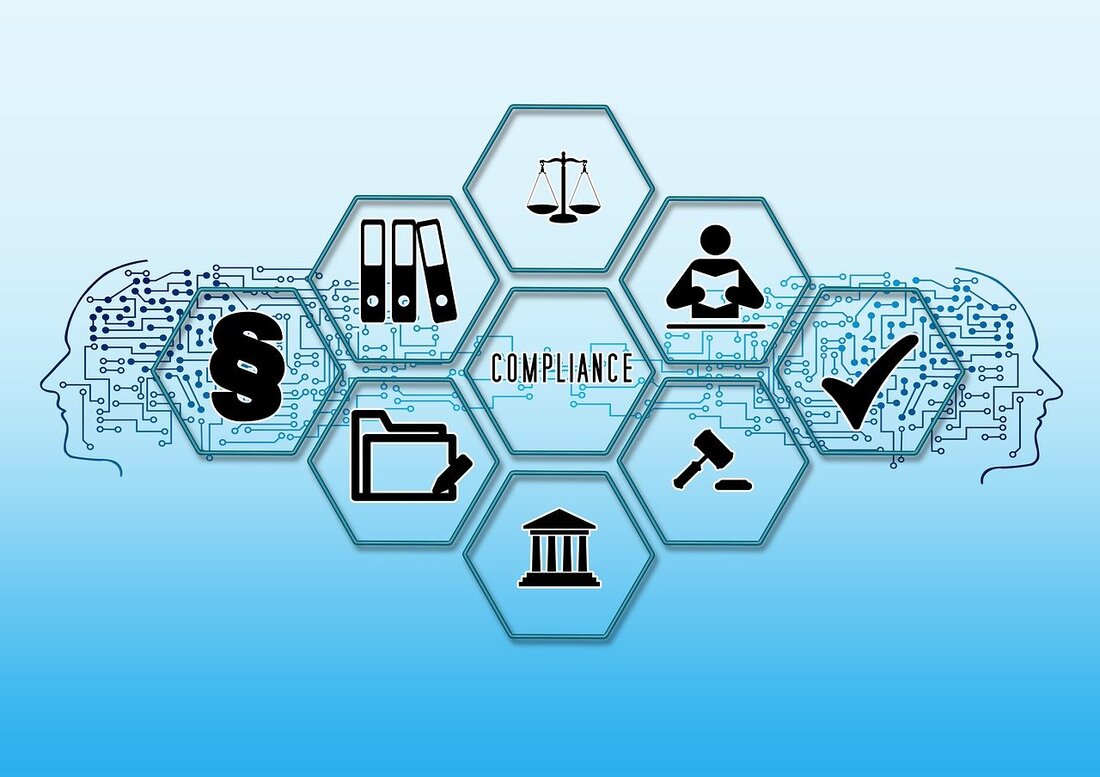



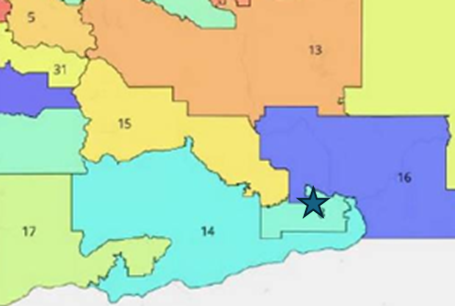
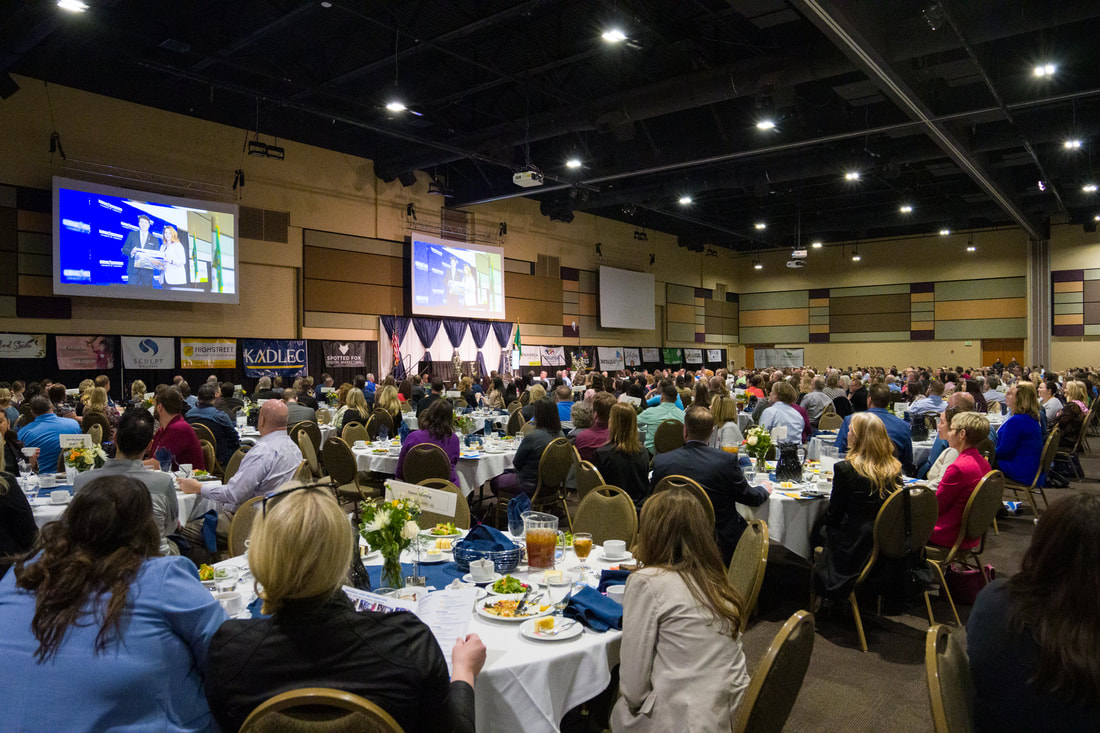
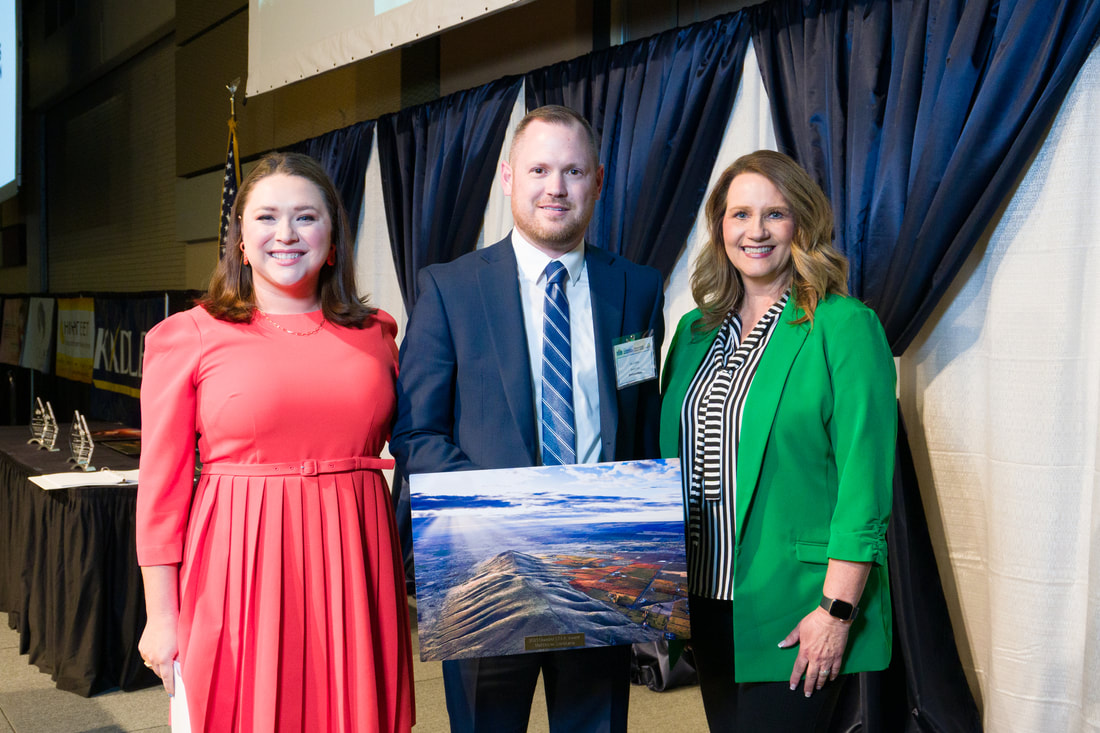
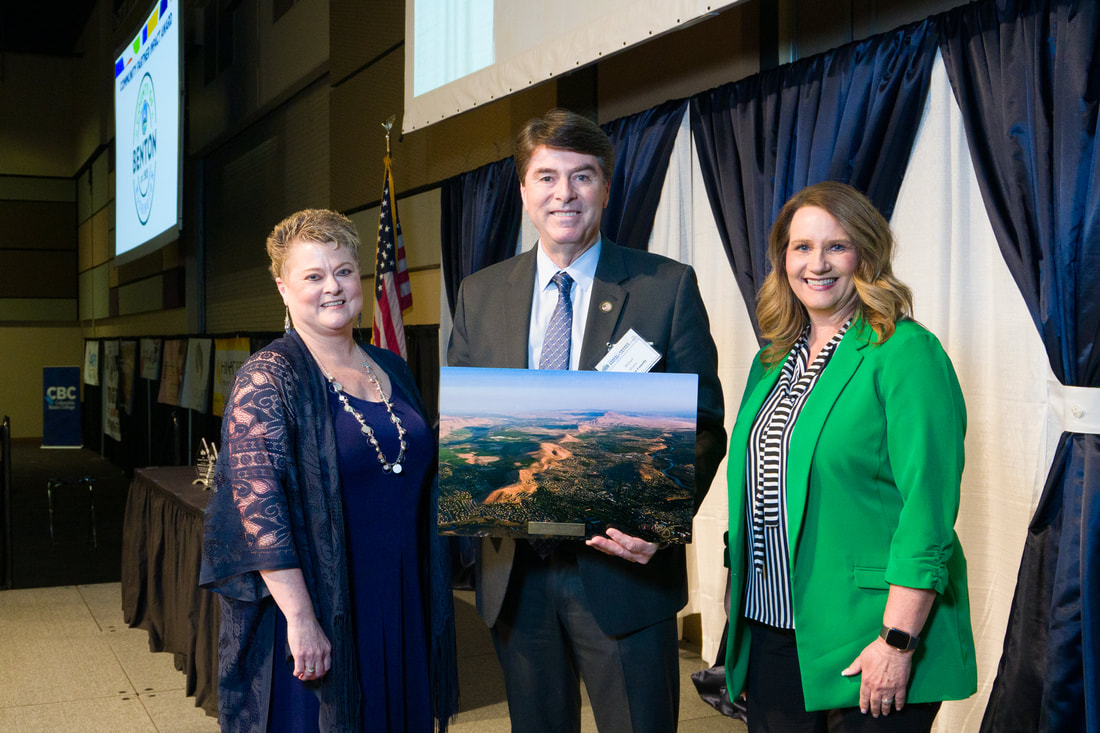
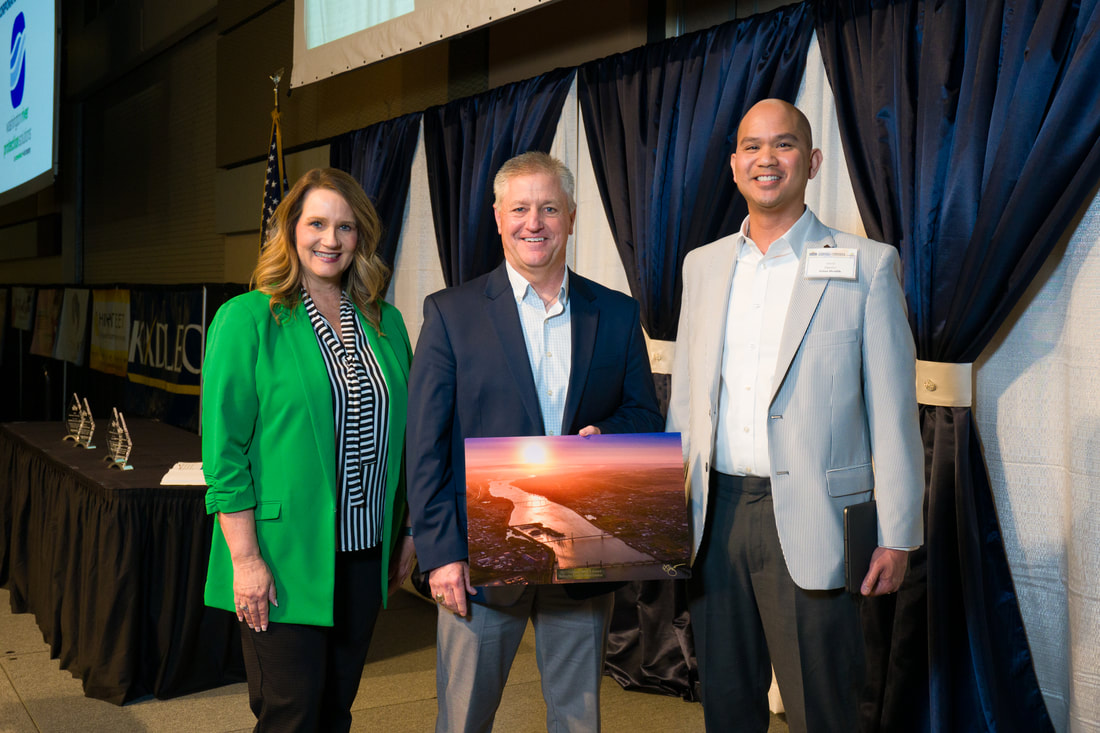
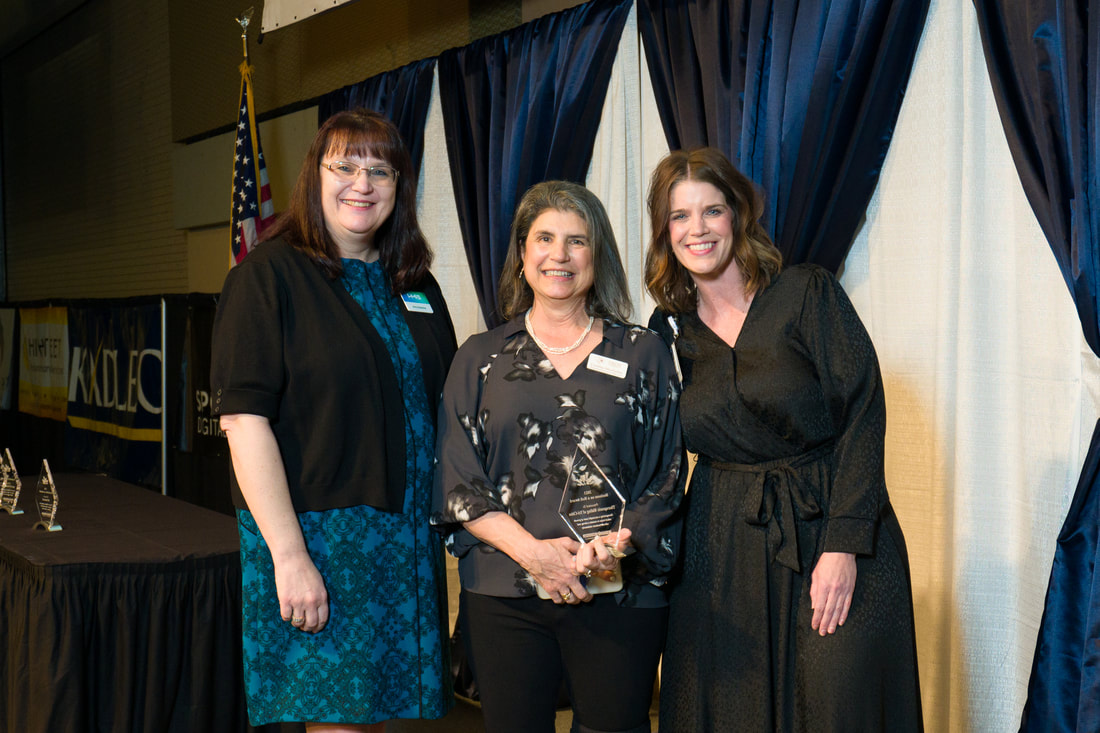
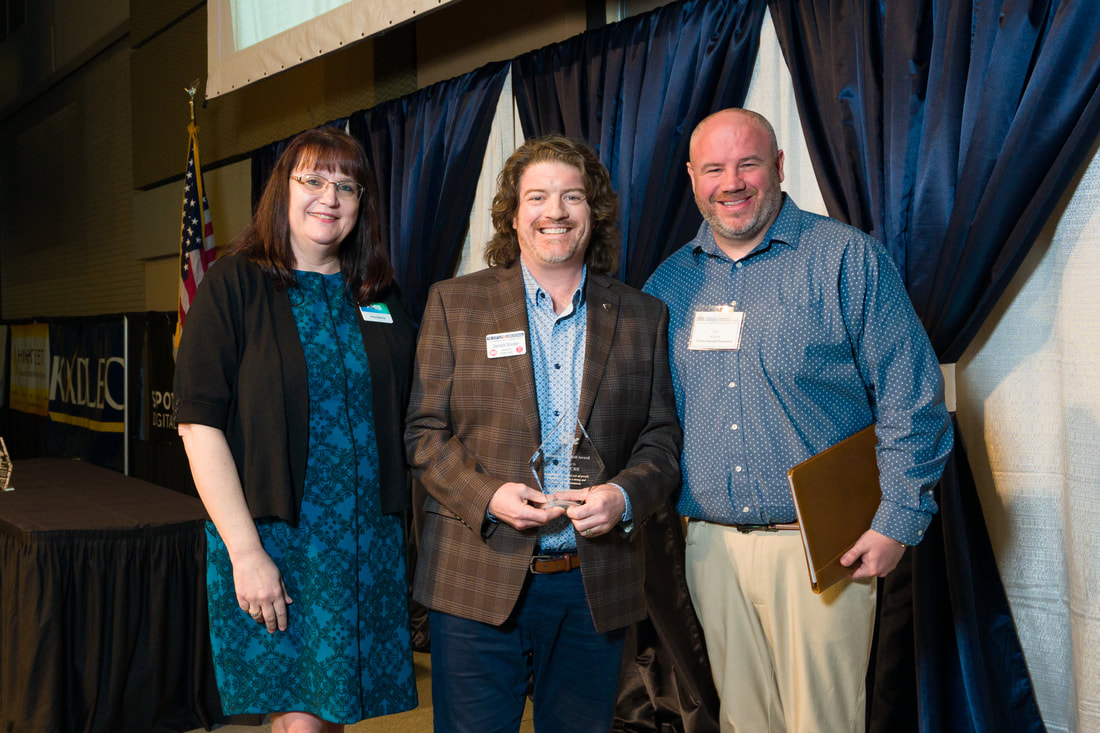
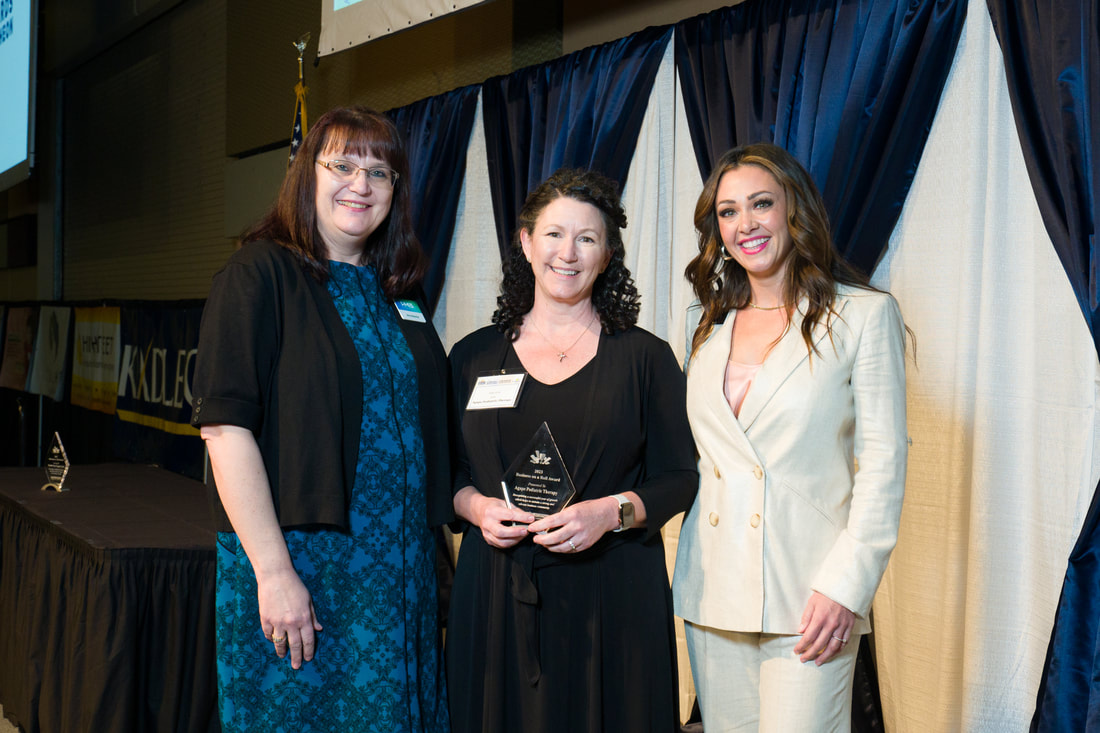
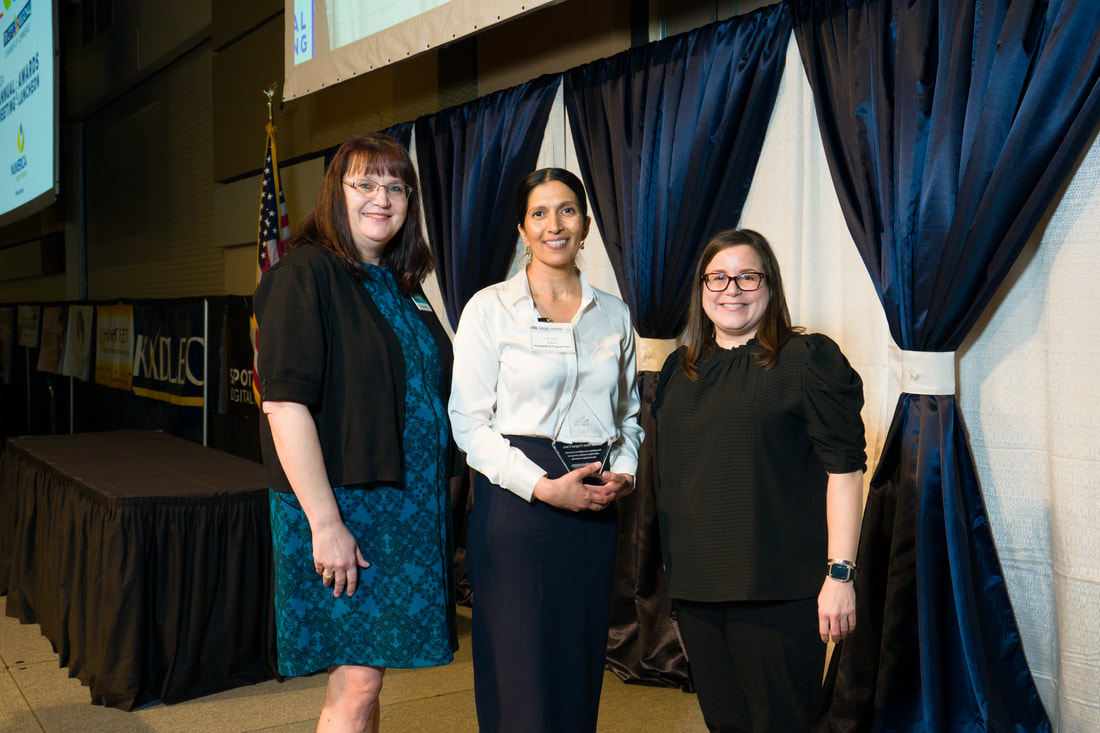
 RSS Feed
RSS Feed